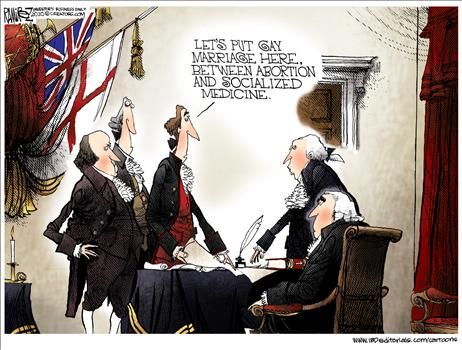South Africa: where the costs of a minimum wage are more obvious
The minimum wage has explicitly racist origins in South Africa-- as white labor unions used it to limit competition from black non-union workers. In the U.S., our "Davis-Bacon" or "prevailing wage" laws (minimum wages for some semi-skilled jobs) have explicitly racist origins as well.
Independent of motives, there will be racial implications-- for good and for ill-- if a racial-minority group is disproportionately represented among the "unskilled", those who are (most) impacted by a wage floor.
We've seen the same thing in the U.S.-- when a much higher minimum wage has combined with the "Great Recession" (one of its contributing factors, by the way): staggeringly high unemployment rates for teens, especially those from certain minority groups.
Here's an international case from Celia Dugger in the NYT...
Thoko Zwane, 43, who has worked in factories since she was 15, lost her job in Newcastle when a Chinese-run factory closed in 2004. More than a third of South Africans are jobless.
“Why? Why?” shouted Nokuthula Masango, 25, after the authorities carted away bolts of gaily colored fabric.
She made just $36 a week, $21 less than the minimum wage, but needed the meager pay to help support a large extended family that includes her five unemployed siblings and their children.
The women’s spontaneous protest is just one sign of how acute South Africa’s long-running unemployment crisis has become....
Over a third of South Africa’s workforce is now idle. And 16 years after Nelson Mandela led the country to black majority rule, more than half of blacks ages 15 to 34 are without work — triple the level for whites....
Why? The article lists many factors: low-wage competition from China, too few unskilled jobs being created and too few skilled workers being produced, the global economic downturn, higher wages negotiated by politically powerful trade unions, and of course, various problems that are stubborn hold-overs of their apartheid past.
The article only mentions the minimum wage in the context of violations of it-- including the notable, repeated, and unsurprising willingness of workers to break the law to earn a living. But to the extent that the minimum is effective, an artificially high wage must reduce the likelihood of employment for the unskilled.
Finally this-- on labor unions which benefit from wage floors and despise wage subsidies:
Eight months ago, Mr. Zuma proposed a wage subsidy to encourage the hiring of young, inexperienced workers. But it ran into vociferous opposition from Cosatu, the two-million-member trade union federation that is part of the governing alliance, which contended that it would displace established workers....

![[BASEBALL]](http://sg.wsj.net/public/resources/images/WK-AV449_BASEBA_NS_20100916175614.gif)



